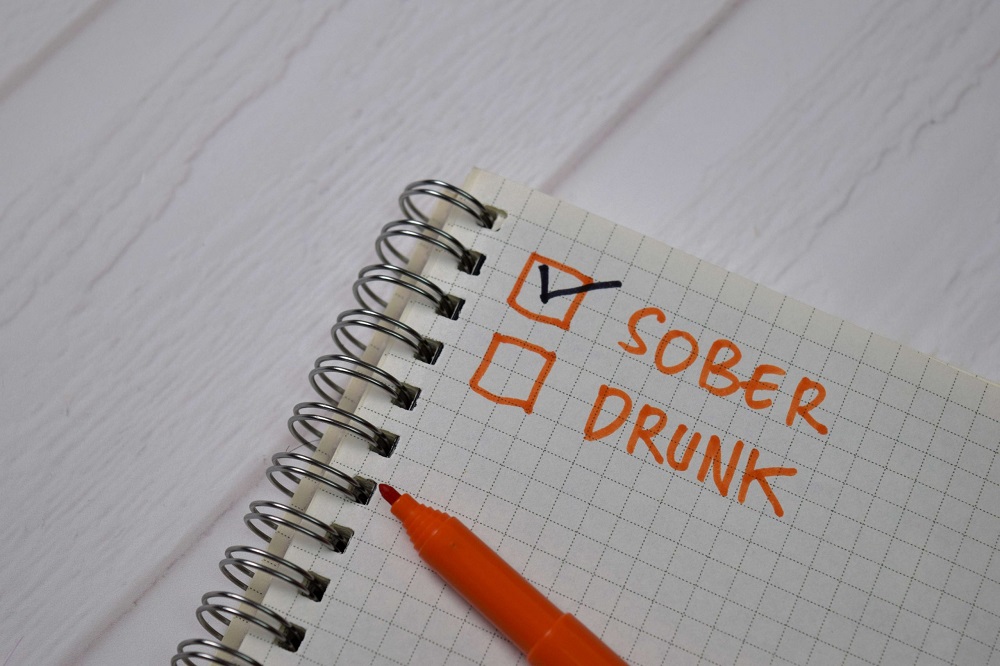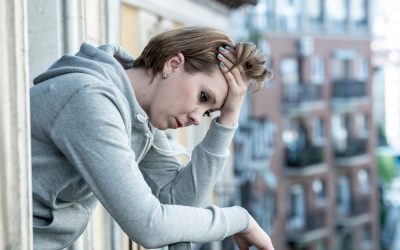3 Ways Your Appearance Changes When You Quit Drinking
When this occurs, it can dry out your hair follicles, cause brittle hair, and even lead to thinning hair. It can, especially when a person’s immune system is weakened and they experience malnutrition. Excessive alcohol consumption can interfere with hormonal balance in several ways.
- Drinking too much alcohol can contribute to deficiencies or malabsorption of key nutrients.
- For example, iron is necessary for oxygen transport to the hair follicles, while vitamin C helps in collagen production, which is important for hair structure.
- When these nutrients are lacking, the hair follicles may become weak, leading to hair that is dry, brittle, and prone to breakage.
- Remember, your hair is a reflection of your overall health, so it is essential to take care of yourself both inside and out.
The good news is that there are things that you can try to help cope with any distress you may be experiencing. Generally, the scalp has about 100,000 hairs that go through phases of growing, resting, and then, falling out, and finally, regenerating. https://trading-market.org/alcoholic-ketoacidosis-information-new-york/ Some research suggests that eating too much sugar and high glycemic index (GI) foods may be linked to hair loss. Eating too much sugar may increase sebum (oil) production, which can drive scalp irritation and inflammation.
Maintaining a Healthy Lifestyle for Hair Growth
Long-term alcohol consumption can impair bone density and increase the risk of fractures. While not directly linked to hair health, maintaining overall skeletal health is integral to supporting the body’s physiological processes, including hair growth. Alcoholism often leads to poor dietary choices and reduced nutrient absorption, resulting in deficiencies of essential vitamins and minerals necessary for healthy hair growth.

A blood sugar spike occurs when too much glucose builds up in the bloodstream. Additional studies are needed to better understand the links between smoking and hair loss, said Gupta, as well as the effects of smoking cessation. Step 1 of AA: Admitting You’re Powerless Over Alcohol Smoking generally has been accepted as a risk factor for the development and progression of AGA or the most common form of hair loss. The research evidence on this association has been inconsistent, however, the authors wrote.
You May Develop a Nutritional Deficiency
Alcohol can lead to dehydration and dehydrated hair is easily damage. There are no studies showing that alcohol use can directly cause hair loss. Two separate studies found that insulin resistance in both men and women corresponded to higher rates of androgenetic alopecia (15, 17).

It’s not common in the United States to experience copper deficiency due to diet. However, people who have had weight loss surgery or have celiac disease or inflammatory bowel disease may be at risk for lower than normal levels. Keep in mind there are multiple types of hair loss, so it’s important to talk to your doctor about your type of hair condition and potential cause. This makes sense, as even women tend to experience hair loss when higher-than-normal levels of estrogen are present (such as during pregnancy). In 2012, researchers from China discovered that estrogen promotes hair cycle retardation in mice (32). Essentially, higher levels of estrogen in the male body can cause the follicles to prematurely enter catagen phase and even result in telogen effluvium.
Cause Nutrient Deficiencies
Your body uses these nutrients to grow your hair, nails, help you sleep better, and even support healthy brain function. Once you begin to experience malnutrition, your health and your hair will decline. However, there are many ‘side effects’ of drinking alcohol which can create the perfect storm for thinning and hair fall. These include improper hormone balance, poor nutritional intake, and even liver damage.
